Since it was identified on Google Earth in 2005, the forest of Mount Mabu has amazed scientists with its unique wildlife. Jeffrey Barbee joins explorer Professor Julian Bayliss on the first trip to its green heart…
Notícias
Who knows what we’ll find next?’ Journey to the heart of Mozambique’s hidden forest
The hidden treasures of Mount Mabu – in pictures
Protect the Mozambique forest found on Google Earth, scientists say
Dr. Julian Bayliss: The Real Life Explorer
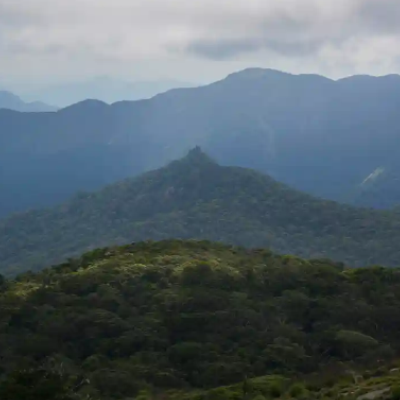
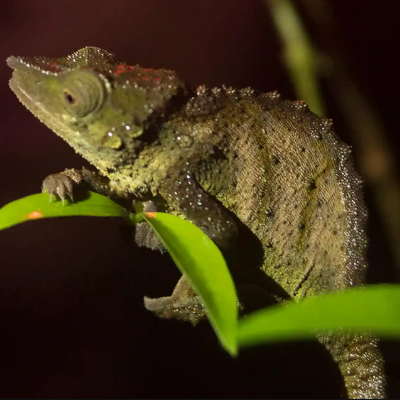
In the mid-2000s, Professor Julian Bayliss used Google Earth to discover a hidden rainforest in Northern Mozambique which is home to dozens of new species of flora and fauna. Professor Bayliss…

Discovered in 2005 by scientists using satellite images, the forests, previously only known to local villagers, have proven to be a rich ecosystem teeming with new species of mammals, butterflies, reptiles…
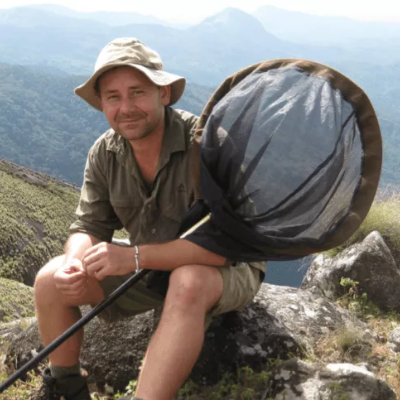
After meeting Dr. Julian Bayliss at Cambridge University back in 2011, shortly after he discovered what is known as the Google Forest, he inspired me to study Zoology after telling me about some of his adventures…
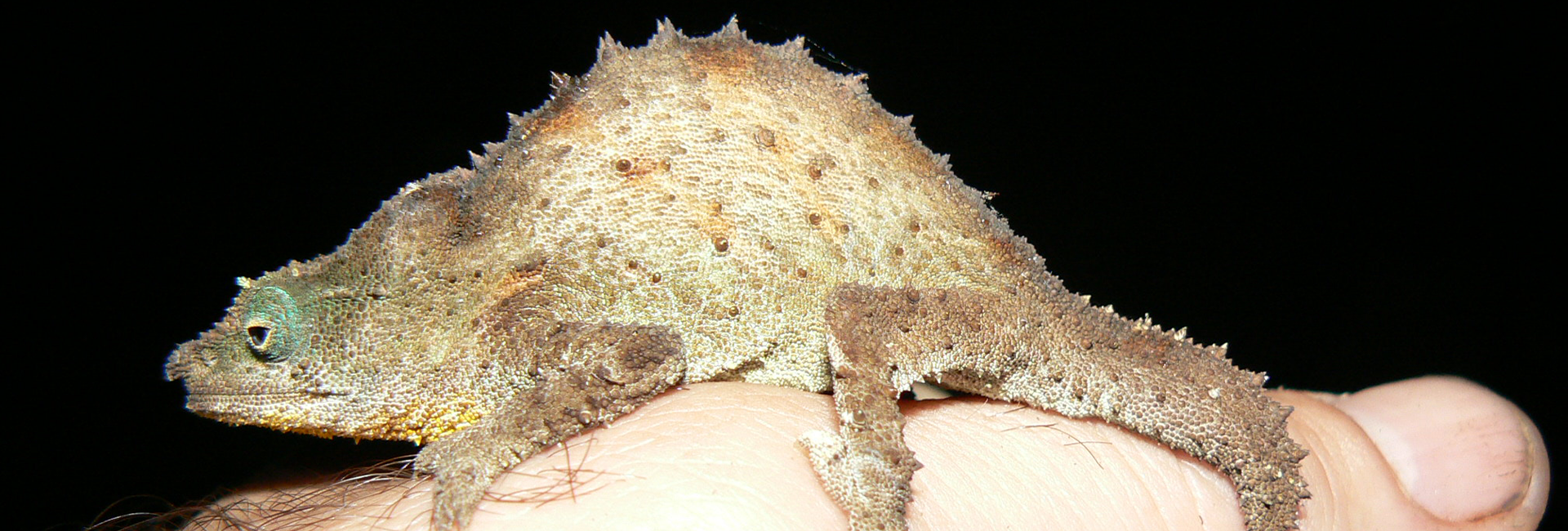
New Baylissi Chameleon
How Google Earth helped find Mozambique's lost forest of Mount Mabu | video
Multidisciplinary approach unlocks ‘cryptic’ African bat revealing four new species
Undiscovered Rainforest 'Googled'
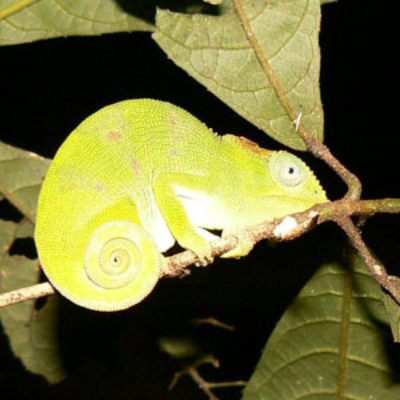
The Darwin Initiative award, coordinated by Dr. Julian Bayliss, focused on the high altitude mountains (>1500m) of northern Mozambique in an assessment of biological similarity between these mountains and…
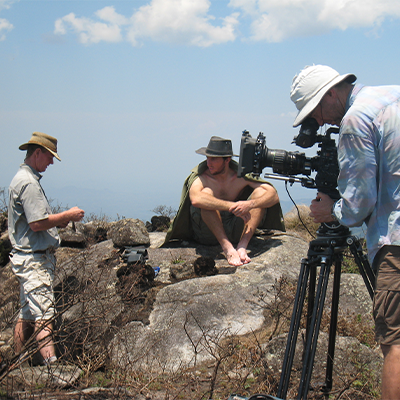
Deep within the heart of the African nation of Mozambique there stands a mountain. Unknown to scientists and mostly undisturbed by humans since, well, since perhaps the dawn of our species…
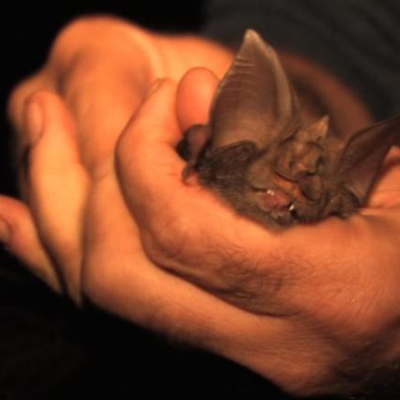
A new multidisciplinary study on the enigmatic large Horseshoe bat – found widespread throughout South and East Africa – has revealed that instead of just one species as previously believed, the bat is in fact five different species…
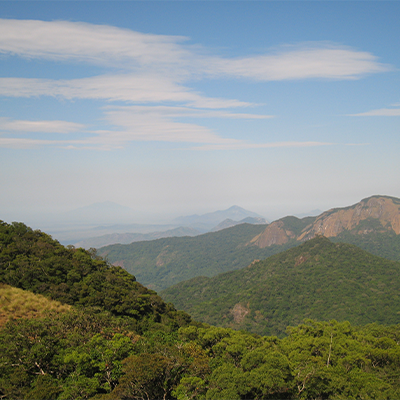
Scientists are hailing the discovery of a patch of rainforest in northern Mozambique as one of the most significant finds in years…
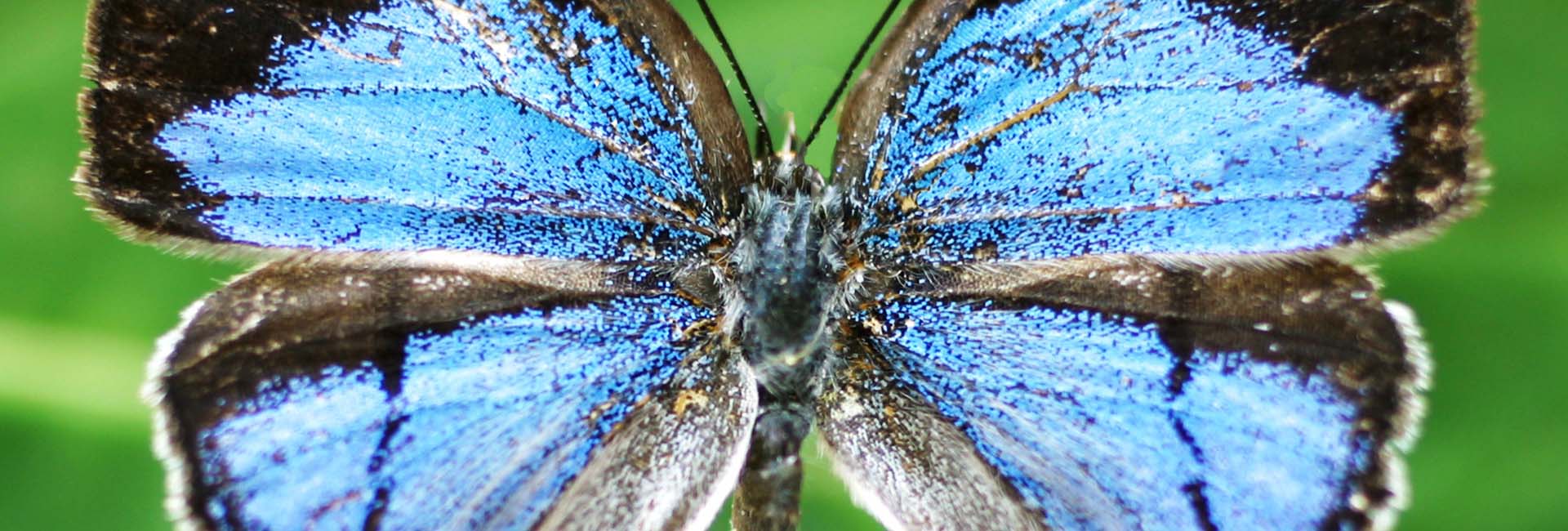
Exploring the 'Google Forest'
Mozambique agrees to protect lost rainforest of Mount Mabu
Mozambique's hidden forest
Parents help son find new species
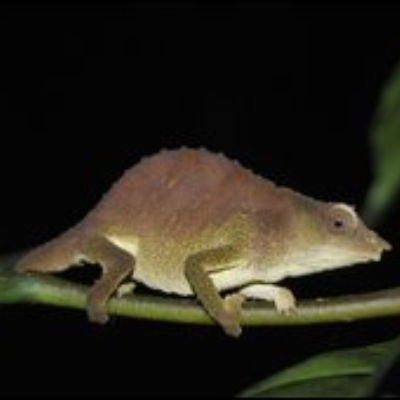
Sleeping on the low-lying branches of bushes in Mount Mabu, northern Mozambique, they’re easy to spot by torchlight. White lizards with their eyes defiantly shut…
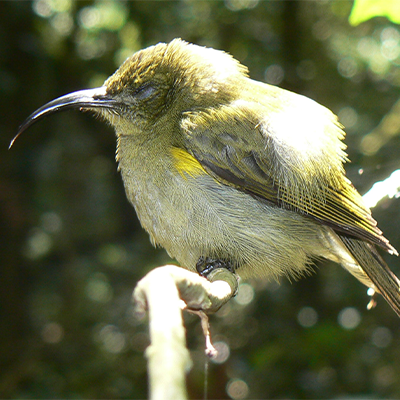
The unique lost rainforest of Mount Mabu is to be given protection from exploitation, following a new expedition to the remote area revealed a host of new species…

Using Google Earth to create an ecological map of the Mozambique highlands, conservationist Julian Bayliss accidentally discovered what is now thought to be the largest piece of mid-altitude rainforest in southern Africa. The canopies of Mount Mabu has so far yielded five new species of butterfly and two species of snake…
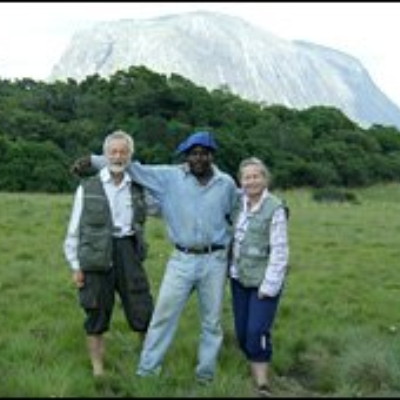
Julian Bayliss, 39, had been part of an earlier expedition to Mozambique, and was curious about an area of green which scientists had ignored.
Mr Bayliss, from near Wrexham, went to Mount Mabu and found unrecorded species of plant and wildlife.
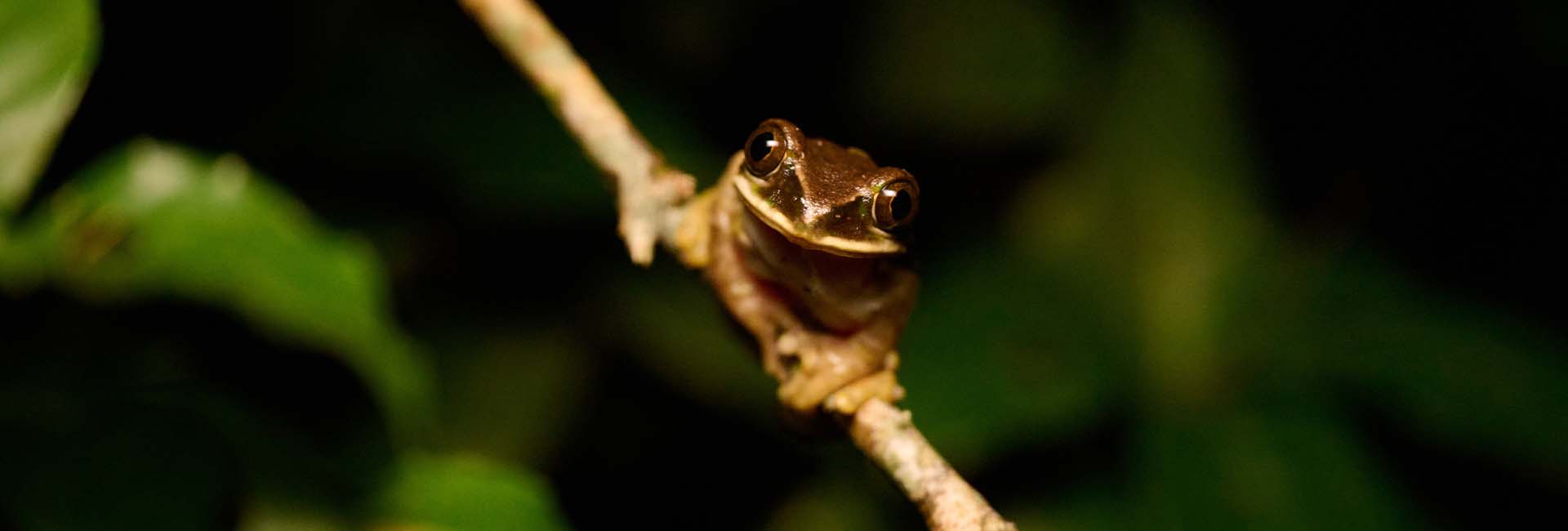
Four chameleon species discovered in Mozambique’s ‘sky islands’
Four New Horseshoe Bats Species Discovered In East And Southern Africa
Mozambique's hidden forest
Parents help son find new species
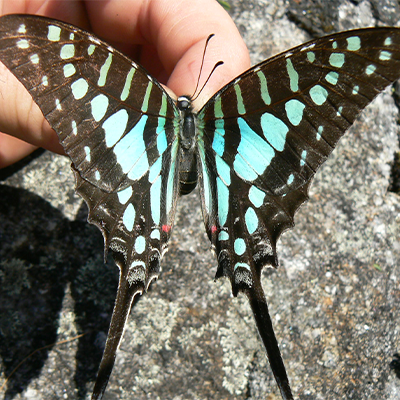
Dr Julian Bayliss, a consultant for Fauna & Flora International who organised the expeditions, said: “The biodiversity of the high altitude mountains of northern Mozambique…
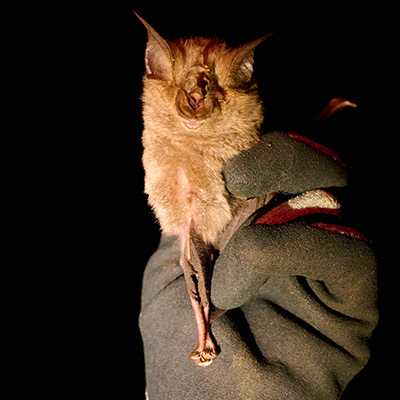
Four new species of horseshoe bats have been discovered in East and Southern Africa, after scientists pieced together clues such as DNA data and the most intense frequency of sonar calls of each of these flying mammals…

Using Google Earth to create an ecological map of the Mozambique highlands, conservationist Julian Bayliss accidentally discovered what is now thought to be the largest piece of mid-altitude rainforest in southern Africa. The canopies of Mount Mabu has so far yielded five new species of butterfly and two species of snake…

Julian Bayliss, 39, had been part of an earlier expedition to Mozambique, and was curious about an area of green which scientists had ignored.
Mr Bayliss, from near Wrexham, went to Mount Mabu and found unrecorded species of plant and wildlife.
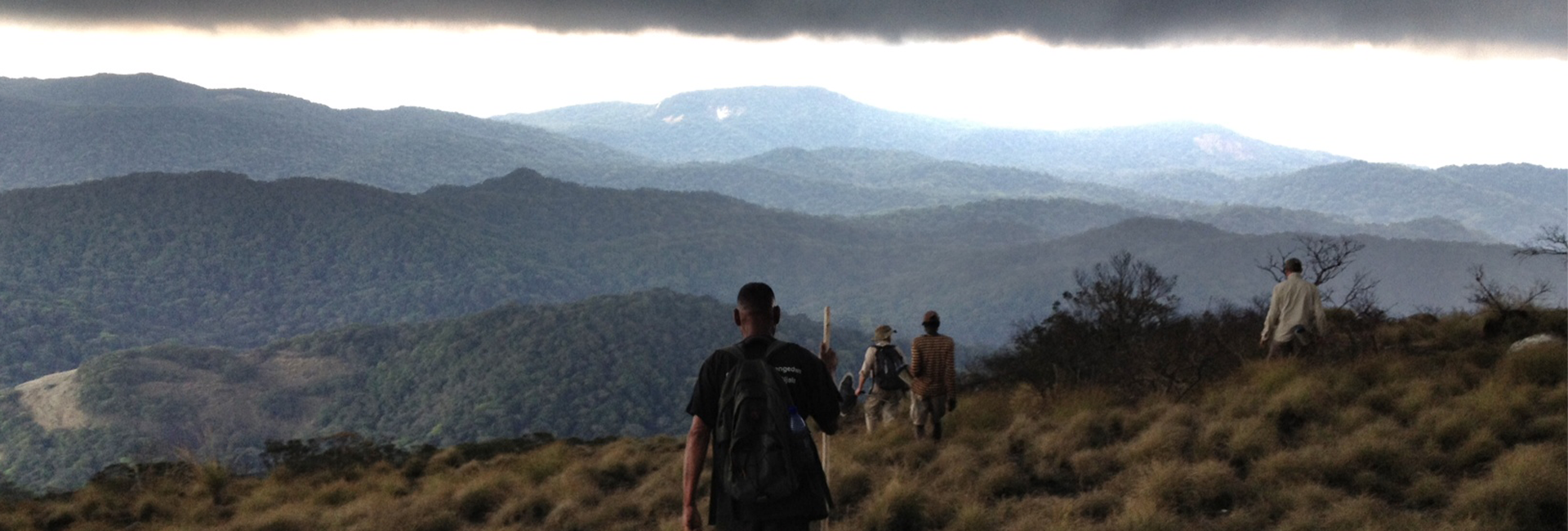
Four chameleon species discovered in Mozambique’s ‘sky islands’
Four New Horseshoe Bats Species Discovered In East And Southern Africa
Mozambique's hidden forest
Parents help son find new species

Dr Julian Bayliss, a consultant for Fauna & Flora International who organised the expeditions, said: “The biodiversity of the high altitude mountains of northern Mozambique…

Four new species of horseshoe bats have been discovered in East and Southern Africa, after scientists pieced together clues such as DNA data and the most intense frequency of sonar calls of each of these flying mammals…

Using Google Earth to create an ecological map of the Mozambique highlands, conservationist Julian Bayliss accidentally discovered what is now thought to be the largest piece of mid-altitude rainforest in southern Africa. The canopies of Mount Mabu has so far yielded five new species of butterfly and two species of snake…

Julian Bayliss, 39, had been part of an earlier expedition to Mozambique, and was curious about an area of green which scientists had ignored.
Mr Bayliss, from near Wrexham, went to Mount Mabu and found unrecorded species of plant and wildlife.
